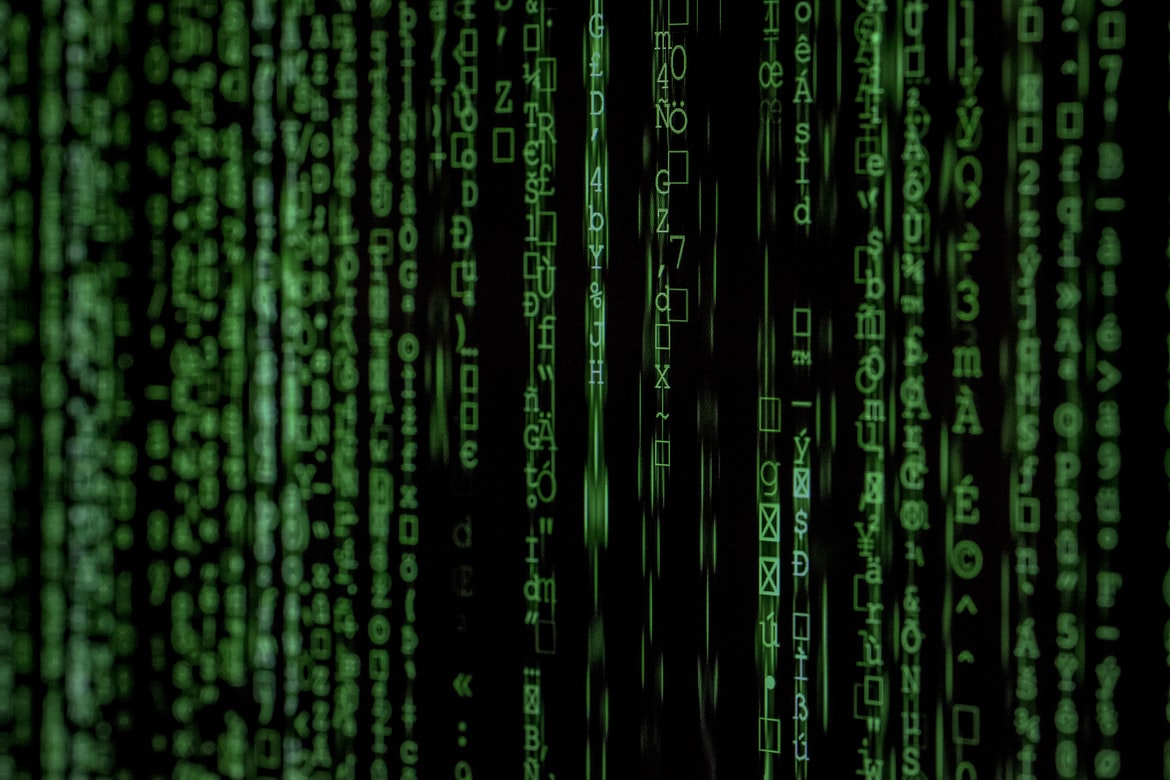If you’ve been on the internet long enough, you’re likely to have come across the term ‘digital assets’. But what are Digital Assets? Ordinary assets are anything that possesses value. Digital assets are merely digital valuables.
They are assets that exist in a digital format.
What Are Digital Assets?
From email accounts, social media profiles, cloud storage services, and eBooks to online shopping and magazine subscriptions, digital assets are all around us.
The devices you use to access the aforementioned services can also be classified as digital assets. In their simplest form, digital assets are digital files that contain information that exists in a digital format on your computer system. They are a substitute for the ‘documents’ of old.
Going digital means we no longer have to rely on paper to store and retrieve information. Even if you set aside the environmental significance of a paperless future, the benefits of going digital are still quite evident.
Easier storage, management, retrieving of information, faster transfer of assets, the possibilities are endless.
To get a clearer understanding of what are Digital Assets, let’s take a look at they differ from their physical counterparts.
Storage
Physical assets occupy a great amount of space in the form of cabinets and sometimes even buildings. As they possess mass and require physical space, storage of physical assets can become a troublesome affair. On the other hand, Digital Assets can be stored with relative ease on hard drives or your own PC. This makes managing Digital Assets a simpler task as well.
The growth of the internet, and in turn cloud storage, has opened up an even wider gateway for the storage of Digital Assets in the form of Digital Asset Management systems. (DAM systems)
Security
When it comes to Digital Assets, the primary threats arise from external sources in the form of hacking. This can be done internally but is almost always considered an external threat. Being relatively new, the process of protecting them is still in the works when compared to the complex systems in place to protect physical assets.
Threats
Tying into security, the vulnerabilities that can be targeted also vary between digital and physical assets. While Digital Assets are usually attacked by unseen/unknown threats hiding behind multiple layers of protection such as proxies, the threats to physical assets are much more ‘visible’ (think the robbers you see on a daily basis in the news).
Inheritance
Something regarding Digital Assets that is rarely talked about is what happens to a person’s Digital Assets once they pass away or become incapacitated. This is primarily due to technology being relatively new to the common folk, meaning many of its active users are yet to pass away.
Physical Assets can be passed on via a will. But the inheritance of Digital Assets can depend on a number of other factors. One of them is the digital legacy policies of certain companies. As Digital Assets become shared between the individual and the service provider, their inheritance can become a tricky procedure.
Simply put, the more information you store, the harder it is to manage. We are yet to reach a stage where passing down our Digital Assets is as convenient as passing down our physical assets.
That is where Digital Estate Planning comes in. You can use these Digital Estate Planning services to decide what happens to your digital assets after you pass on.
Being a relatively new idea, there is a certain lack of legislation when it comes to digital assets. This makes it hard to ascertain how much control you have over your digital assets.
As we move towards a digital world, everything is becoming digitized. Instead of going to a restaurant, you can now order food from the comfort of your home. And with this digitization of life, new questions and problems arise such as the fate of your digital assets following your lifetime.
Now that you’ve learned what Digital Assets are, you can secure them with the help of an Online Will or Digital Estate Plan.
Sign up with Clocr to start the journey of safeguarding your Digital Assets.




